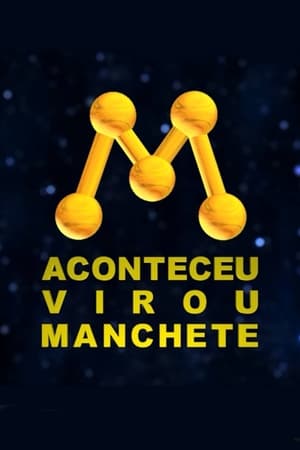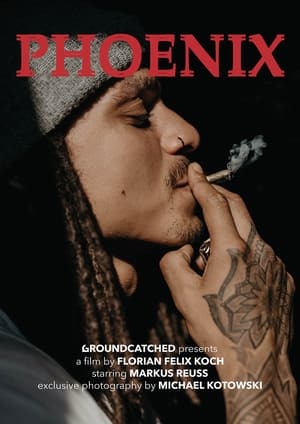

Freestyle(1996)
The third part of Jean Bitar's documentary series about Finnish children is about freestyle biking.

Movie: Freestyle

Freestyle
HomePage
Overview
The third part of Jean Bitar's documentary series about Finnish children is about freestyle biking.
Release Date
1996-04-17
Average
0
Rating:
0.0 startsTagline
Genres
Languages:
suomiKeywords
Similar Movies
Someday My Prince Will Come(en)
An exposed Cumbrian village by the sea surrounded by windmills, fields and factories provides a striking setting for this fairy tale of young love and the loss of childhood innocence. Over one year, the film follows the 9 year-old Laura Anne and her 11 year-old cousin, Steven as they move towards the end of their childhoods. The narrative is told in rhyme by the young female protagonist. As time passes and the seasons change, feelings and memories from all our childhoods are evoked and we wonder what time will make of Laura Anne and Steven.
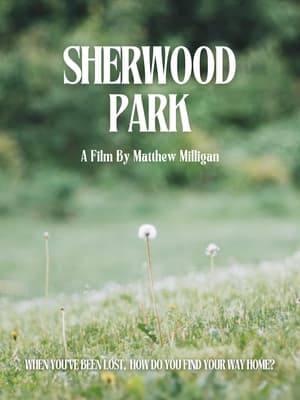 0.0
0.0Sherwood Park(en)
Reclaiming what was once stolen from him, a man journeys back to the place of his childhood nearly 80 years after his world came crashing down.
Little Secret(en)
A group of teenagers who have been selected to participate in a recreational white water rafting trip. All of the kids selected have AIDS or have been infected with the HIV virus. At some point during the trip, all the kids tell their stories and share their feelings about what their lives have been like since being infected with the virus and how they struggle to live normal lives with a hope of a cure in the future.
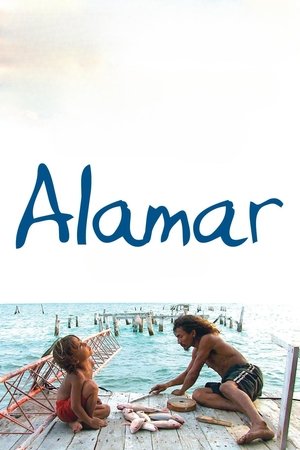 6.8
6.8To the Sea(es)
Before leaving for Rome with his mother, five year old Natan is taken by his father, Jorge, on an epic journey to the pristine Chinchorro reef off the coast of Mexico. As they fish, swim, and sail the turquoise waters of the open sea, Natan discovers the beauty of his Mayan heritage and learns to live in harmony with life above and below the surface, as the bond between father and son grows stronger before their inevitable farewell.
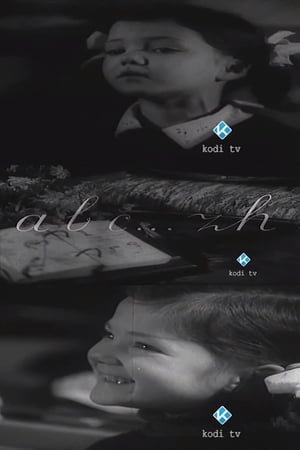 6.8
6.8A, B, C... Z(sq)
Children get ready to start the first grade. They start learning the first letters.
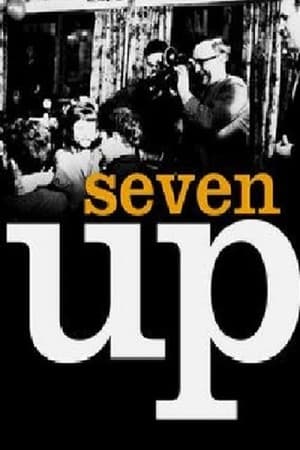 7.2
7.2Seven Up!(en)
A group of British children aged 7 from widely ranging backgrounds are interviewed about a range of subjects. The filmmakers plan to re-interview them at 7 year intervals to track how their lives and attitudes change as they age.
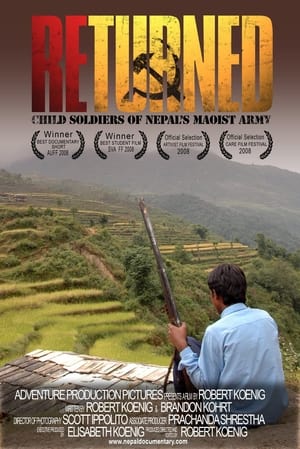 4.2
4.2Returned: Child Soldiers of Nepal's Maoist Army(en)
Imagine being forced to leave your family and fight in war you don't understand - and you are only eleven years old. Sadly, for many of these child soldiers in Nepal this is a reality and the peace process has not solved their problems. These children quickly discovered that the return home is even more painful than the experience of war. Returned weaves the voices of Nepal's child soldiers, organizations working to help them, and military leader's from Nepal's opposing forces, who answer challenging questions about their use of childen as warriors.
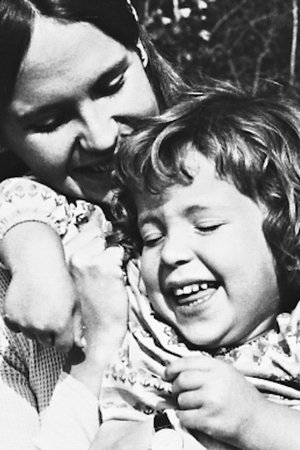 7.0
7.0Chris and Bernie(en)
The story of two young single mothers who join forces to make a new kind of family unit for themselves and their children.
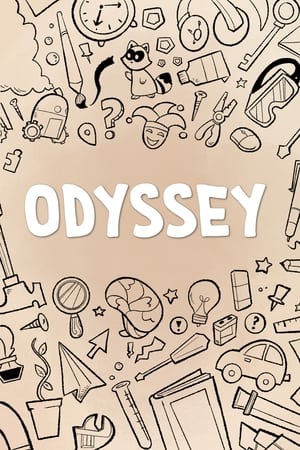 0.0
0.0Odyssey(en)
Six California kids test their brains and talents against students in Odyssey of the Mind, a problem-solving competition requiring mechanical, creative and intellectual skills. With little money and zero adult participation, the teens build a robot to tell a story about bullying, exclusion and mental health. But how does their solution measure up?
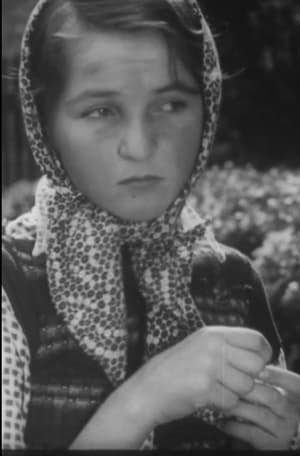 0.0
0.0Let All Children Smile(ro)
The film's protagonists are the orphaned children taken into custody by the state and institutionalized at Children's House no. 6 from Bucharest. For Mészáros, the concern for the situation of children left orphaned during the Second World War is autobiographical: the director directly experienced the absence of parents in her own childhood.
 0.0
0.0The Falcons(hy)
The Falcons is an intimate, observational documentary that delves into the world of the Tshakhruk Ethnoband, a remarkable musical ensemble in the Armenian highlands. Comprised of special-needs children that reside at the state orphanage, these young musicians find solace, strength, and self-expression through the transformative power of music.
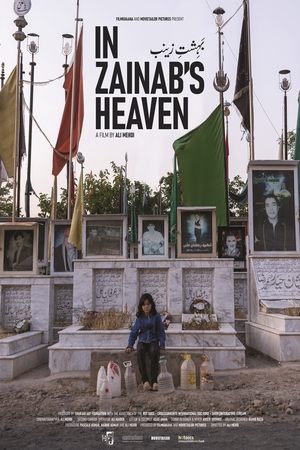 0.0
0.0In Zainab's Heaven(fa)
A Hazara film director follows a gravestone maker, a water girl and a man who buried his limb, as their daily lives unfold in a graveyard.
The children trapped in Bangladesh's brothel village(en)
Daulatdia is an entire village in Bangladesh dedicated to prostitution. Every day, 1,600 trafficked, enslaved and abandoned women and girls sell themselves for £2 a time. In the midst of the trade live 300 children, many born in the village. Some will be groomed to be the future of the business like their mothers and grandmothers. With education programmes and support provided by Save The Children, a few may find their way out.
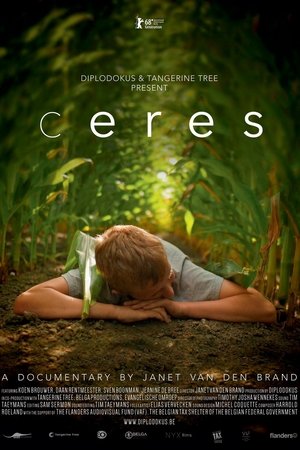 7.2
7.2Ceres(nl)
Ceres is a poetic yet realistic documentary that follows four children as they experience the natural cycle of life on a farm. Each child lives on a remote farm in the southwest of the Netherlands and is learning the profession of their ancestors from a young age. They each dream that one day they will take over the farms of their father or grandfather.
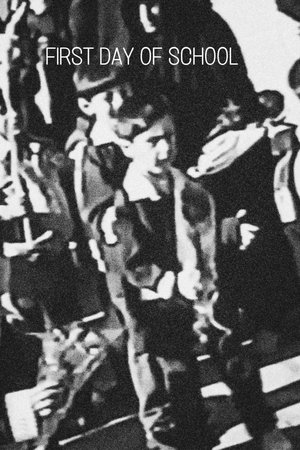 7.5
7.5First Day of School(fa)
A documentary about an Iranian boy's first day of school. The beginning of hardships and understanding the realities of life, and perhaps unwanted pain and suffering.
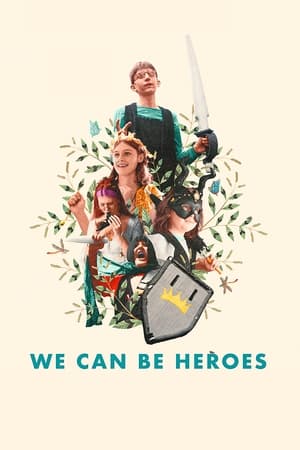 2.0
2.0We Can Be Heroes(en)
Sometimes, finding your tribe requires a bit of magic. For attendees of a live action role-playing (LARP) camp in upstate New York, the deeply accepting environment has given neurodivergent, queer, and self-proclaimed "nerdy" teenagers the space and community for self-discovery that they have never found anywhere else. As the campers immerse themselves in this imaginative world, they discover inner strength, heal from past traumas, and emerge as the heroes they are meant to be, both in the fantasy realm and in real life.
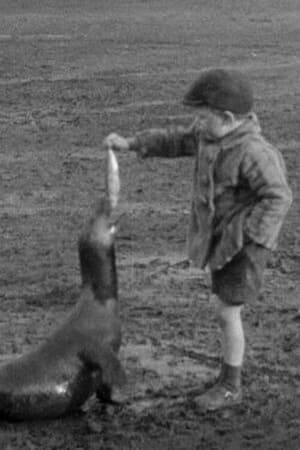 0.0
0.0The Village Pet(xx)
Billy the pet seal adapts to village life in Wereham, Norfolk.
The Disappearing Male(en)
The Disappearing Male is about one of the most important, and least publicized, issues facing the human species: the toxic threat to the male reproductive system. The last few decades have seen steady and dramatic increases in the incidence of boys and young men suffering from genital deformities, low sperm count, sperm abnormalities and testicular cancer. The Disappearing Male takes a close and disturbing look at what many doctors and researchers now suspect are responsible for many of these problems: a class of common chemicals that are ubiquitous in our world.
